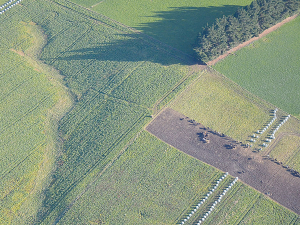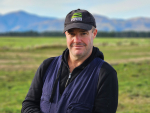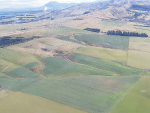Otago Regional Council is set to begin its annual winter farm flyovers in the next three weeks.
The flyovers will focus on land disturbances, looking at forestry and machinery working in or around the streams, rivers and wetlands and intensive winter grazing, says Otago Regional Council (ORC) manager compliance, Carlo Bell.
“The ORC undertakes compliance flights every year to gain a bird’s eye view on land use in districts around the region to identify any potential risks to water quality,” says Bell.
Bell says that following the flyovers, staff will assess the information and undertake site visits and follow ups on any potential high-risk sites to ‘ground truth’ observations and check compliance.
He says these flyovers prove to be an effective way to look at activities across the region from forestry to winter grazing, that they’re operating the way they should be.
“The flyovers are one tool in our compliance tool box and have been a longstanding part of our compliance work programme,” Bell says.
Bell says that while the Government recently changed intensive winter grazing regulations, he still encourages Otago farmers to continue with their best management practices.
“We know farmers are well set for this winter and have grazing plans in place and are able to maintain the gains put in place from previous gazing seasons. While the regulations have changed, good practice hasn’t changed,” he says.
Bell says that ORC’s compliance programme will continue for winter 2025, with a continued focus on education where appropriate however, the worse the effects on the environment, the more likely that enforcement tools will be considered.
“We’re expecting farmers, forestry contractors and earth moving contractors, to have plans drawn up for managing sediment which is likely to be mobilised and sediment controls in place to keep sediment from getting into Otago waterways,” he says.
Anyone who sees pollution of a waterway is encouraged to call the ORC’s 24/7 pollution hotline on 0800 800 033, or email This email address is being protected from spambots. You need JavaScript enabled to view it..



















